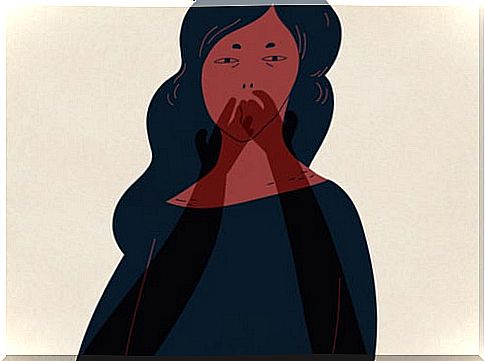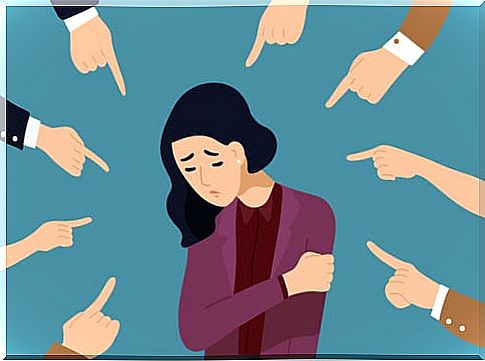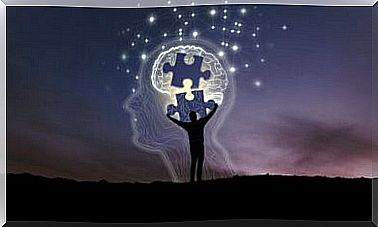Emotional Buttons: How They Affect Your Relationships

Today we are going to talk about the sensitive emotional points shared by most. Emotional buttons that affect many aspects of our life, although it is in our relationships with others where they can produce higher friction, causing us to become defensive and even in some cases to explode with anger.
These emotional buttons are more problematic for some people than others. Knowing and handling them is a guarantee of control over situations in which we feel rejected, either real or imagined.
People who see criticism of their person everywhere and overreact to other people’s opinions can claim that they have especially sensitive emotional buttons. This is known in psychology as rejection sensitivity. They are people who maintain a constant expectation about the idea of not liking or being rejected by others.
A study carried out by the University of Long Island concludes that these people are sure that the most likely result of their interpersonal exchanges will be rejection. That is why they are specially prepared for the detection of signals that indicate the rejection of others, which can occur at any time.

Pushing the emotional buttons
The act of voluntarily or involuntarily pressing the emotional buttons of these people generates, almost immediately, maladaptive and desperate responses. This causes escape behaviors, retaliation against perceived aggression, or deliberate emotional distancing behaviors to develop.
Over time, and if these emotional buttons are not regulated , people tend to avoid relationships with others altogether, even when they feel they need them. This is the “unsolvable tension” and what is created is a vicious circle: what they are fearing will happen is exactly what ends up happening through the media or the conditions that are set for it to happen.
This avoidance of relationships ends up going both ways. The person fears interacting with others because of their irrational fear of rejection, but others also end up not relating to them because of their exaggerated responses.
Breaking the cycle
If we can get some part of the situation to change, we can break this dynamic of fear of rejection and mutual avoidance. This is what Kevin Meehan’s research team tried to analyze in their study: how to change the dynamics to break this cycle.
The volunteers were 228 undergraduate students who were provided with an application for mobile phones. The objective was for them to use it to rate the emotions they felt throughout the day, in addition to indicating other things that were happening around them.
With the data obtained through this method, the team established a basic pattern and chose one of the students to continue the study. The volunteer had obtained a high score in sensitivity to rejection and they evaluated the data.
It seems that the high sensitivity presented by the person under study had led to the development of a negative bias towards dominant people who interacted with her and made her behave in a hostile manner.
The fact of being perceived in this way made the person begin to adopt certain measures to calibrate the exaggerated reaction to the activation of their emotional buttons. In a first analysis it seems that it was much easier to adopt a less assertive and warmer posture with close people than with strangers.

An excellent starting point
This study promises new and interesting follow-ups of the behaviors and emotions of people with a high level of activation of emotional buttons; studies that can continue to offer us very relevant and useful information for its application in therapy.
In this sense, perhaps the most important part of this research has been the confirmation that, on many occasions, it is our own emotional buttons that cause the situations that we fear the most.









